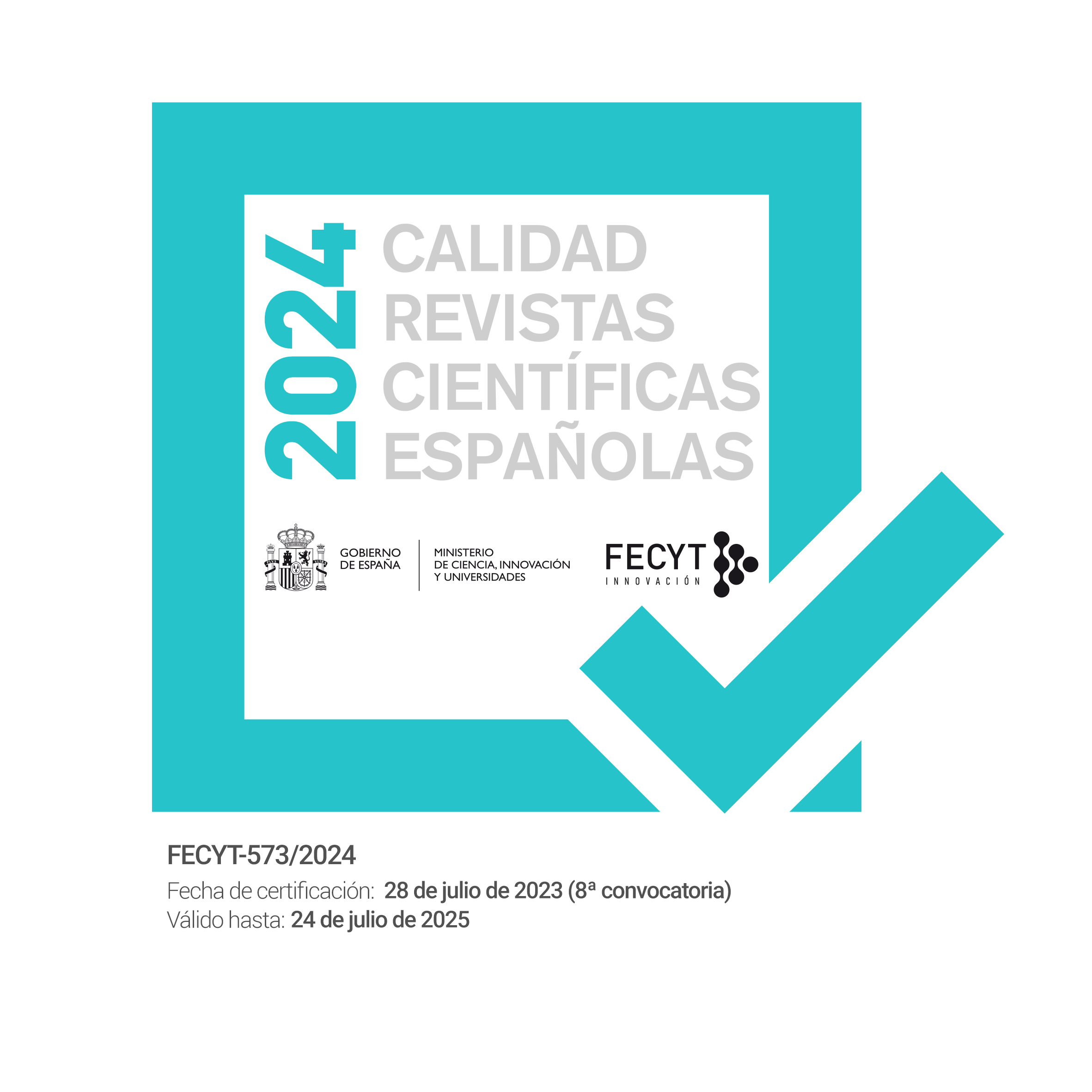Research data policy
Astrágalo, in its commitment to Open Science, wants to promote transparency, accessibility, reusability and replicability of publications. In relation to public funding for the development of research and its subsequent dissemination, it is recommended that the supporting data of the articles obtained by such funding be made open and indicated in the article to be published. However, since Astrágalo is a journal that does not usually publish texts based on laboratory results, for example, its policy is to leave this possibility open to the authors. If this is the case, they must provide access to the data collected during research, guaranteeing its localisation, accessibility, interoperability and reuse, in line with the FAIR principles .
Definition
"Research data" means any document, other than a scientific publication, used or produced during the presented research and used as evidence in the process or essential to validating conclusions and results.
Research Data Requirements
Data access and location: Authors will deposit research data, preferably in open access, in an institutional, thematic repository . or generalist , allowing its location through persistent identifiers (handle, DOI, etc.).
Sensitive data and access restrictions: When data availability is limited for privacy, security, or data protection reasons, a clear explanation of these restrictions should be provided and, if possible, an anonymized or summarized version of the data should be offered.
Documentation and metadata: Data must be accompanied by appropriate documentation and metadata that facilitate their interpretation and reuse, for example, through a Readme.txt file or similar.
Open licenses (e.g., Creative Commons) are recommended .
Note in the article
The article must mention that the data have been deposited in a repository, providing a description of the data type, the name and URL of the repository, the identifier code, and the license details for use and distribution. This information must appear at the end of the article, before the bibliographic list, under the heading "Availability of deposited data."
How to cite
If data from other research sources have been used in the publication, they must be cited correctly, following the Chicago 17th citation format, and must appear with the rest of the publication's bibliographic references.
For more information on best practices in research data management, please visit this link : https://guiasbus.us.es/datos/gestion
Guide for Documenting Research Data in Astrágalo
Purpose
This guide provides detailed instructions for authors on how to properly document research data, facilitating its understanding, use, and reuse by the scientific community and the general public.
Scope
Applies to all research data, including quantitative and qualitative data, large and small data sets, and related materials such as software code and protocols, submitted with manuscripts to Astrágalo.
Basic Principles of Documentation
- Clarity: Documentation should be clear and easy to understand.
- Completeness: Include all the information necessary to understand, evaluate and use the data.
- Accessibility: Ensure that documentation is easily accessible along with the dataset.
Essential Elements of Documentation
Descriptive Metadata
- Dataset Title: Clear and descriptive, reflecting the content of the dataset.
- Author(s): Full names and institutions of those who generated the data.
- Creation Date: When the data was generated or collected.
- Version: If applicable, the version of the dataset.
- Location: Repository where the data is hosted and its persistent identifier (e.g., DOI).
Data Context
- Overview: An explanation of what the data is and what research it was generated for.
- Keywords: Terms that facilitate the search and retrieval of the data set.
- Temporal and Geographic Coverage: The period and geographic location of the data.
Methodology
- Data Collection and Processing: Describe how the data was collected, processed, and analyzed.
- Standards and Calibrations: Any standards used or calibrations performed.
- Instrumentation and Software: Details of any specialized equipment or software used.
Data Structure and Format
- File Format: Specify the data format and reasons for choosing it.
- Data Structure: Describe the organization of data, including the description of variables, codes, and units of measurement.
Access and Use
- License: Details on how the data may be used, including any restrictions.
- Access Guide: How to access the data and any software needed to view or analyze it.
Support and Contact
- Support Contact: Contact information for questions or clarifications about the data.
Good Practices
- Use recognized metadata standards to facilitate interoperability.
- Include examples of how to cite and reuse data.
- Ensure privacy and ethics, especially in sensitive data.
Conclusion
Proper data documentation is essential for transparency, replicability, and the advancement of scientific knowledge. Astragalo encourages authors to follow these guidelines to maximize the impact and accessibility of their research.







 2024 QUALIS-CAPES: Anthropology / Archaeology A3; Architecture, Urban Planning And Design A3; Urban And Regional Planning / Demography A3
2024 QUALIS-CAPES: Anthropology / Archaeology A3; Architecture, Urban Planning And Design A3; Urban And Regional Planning / Demography A3





